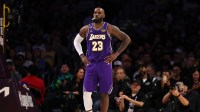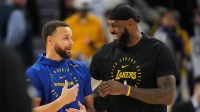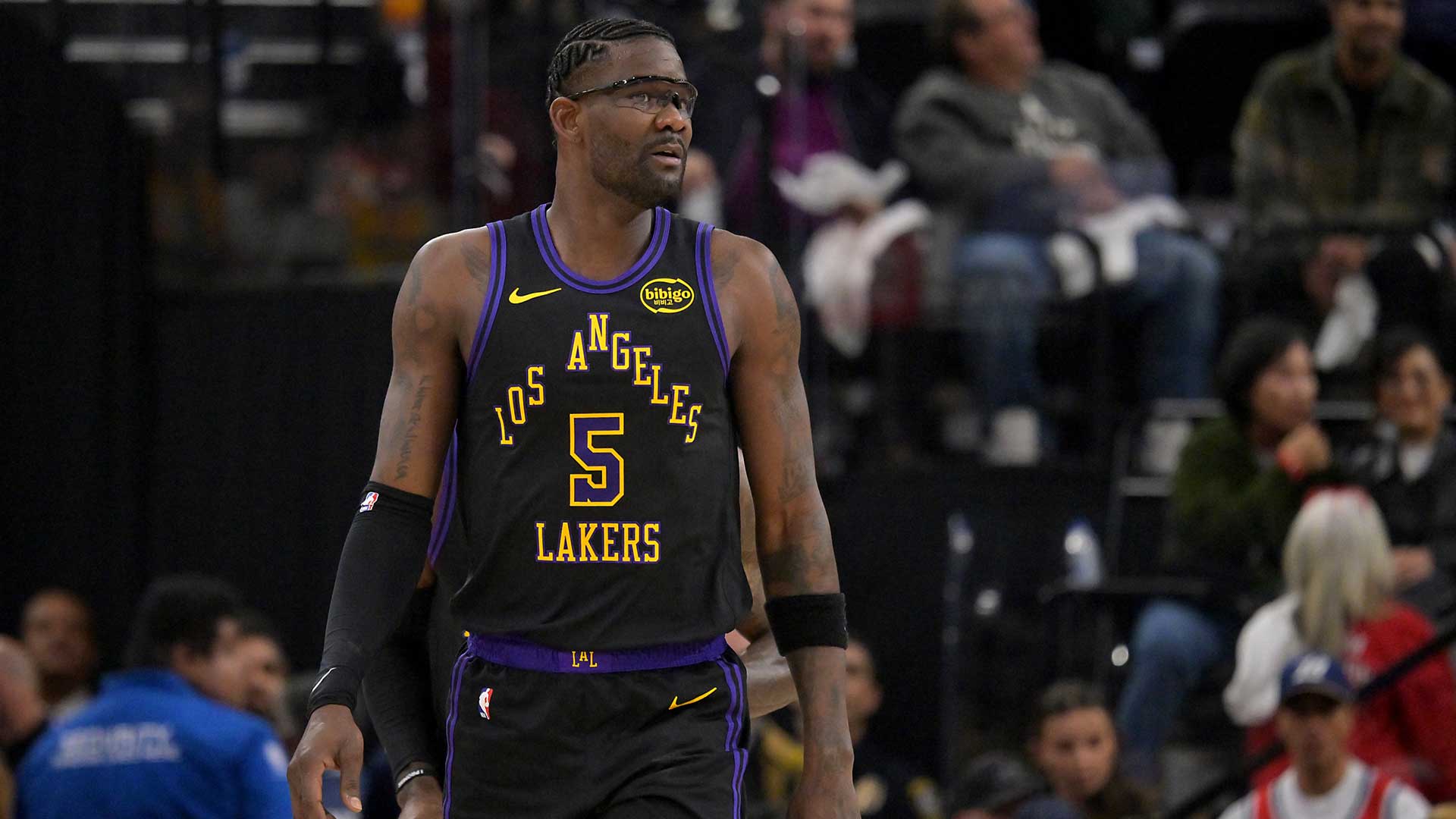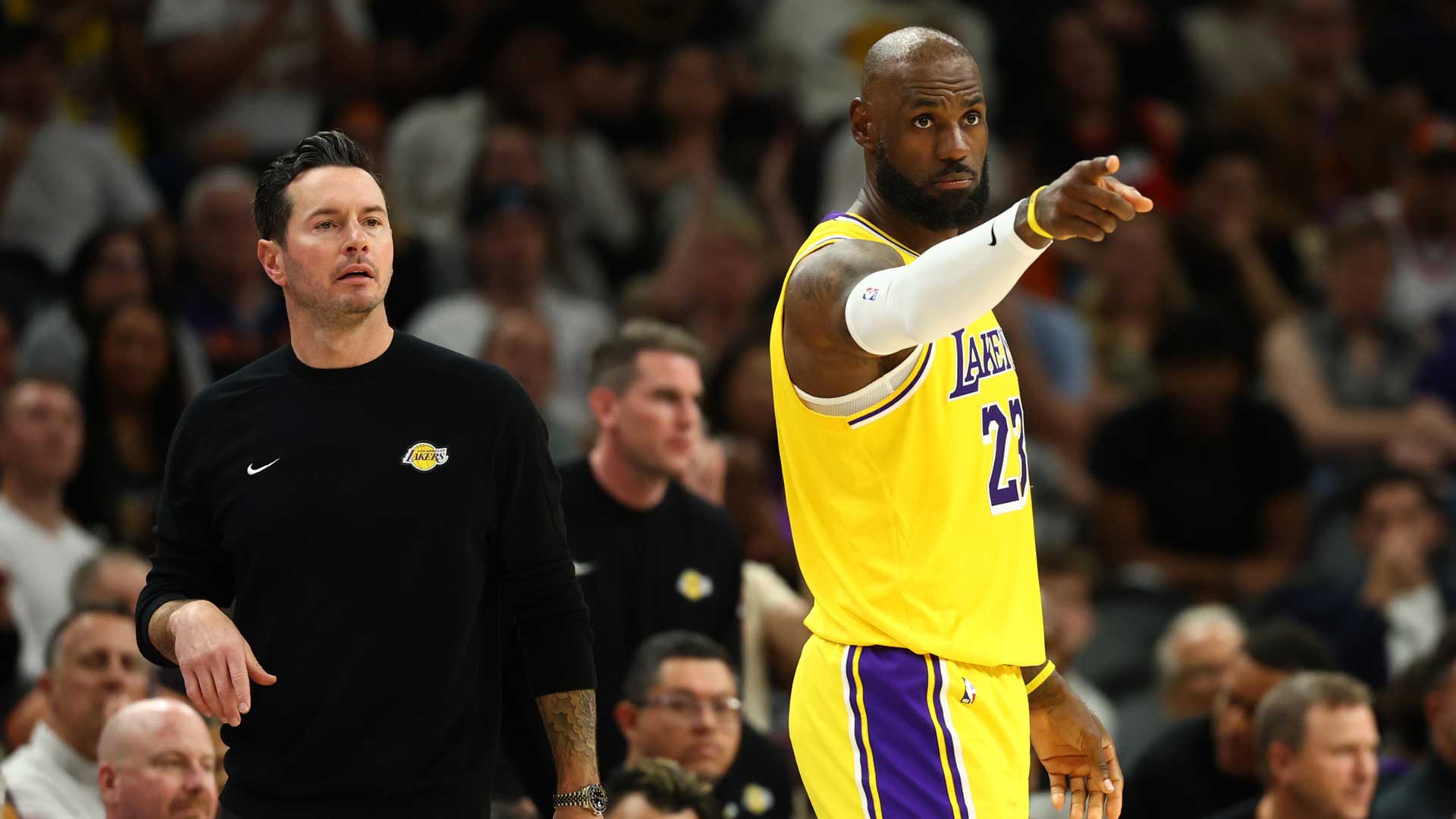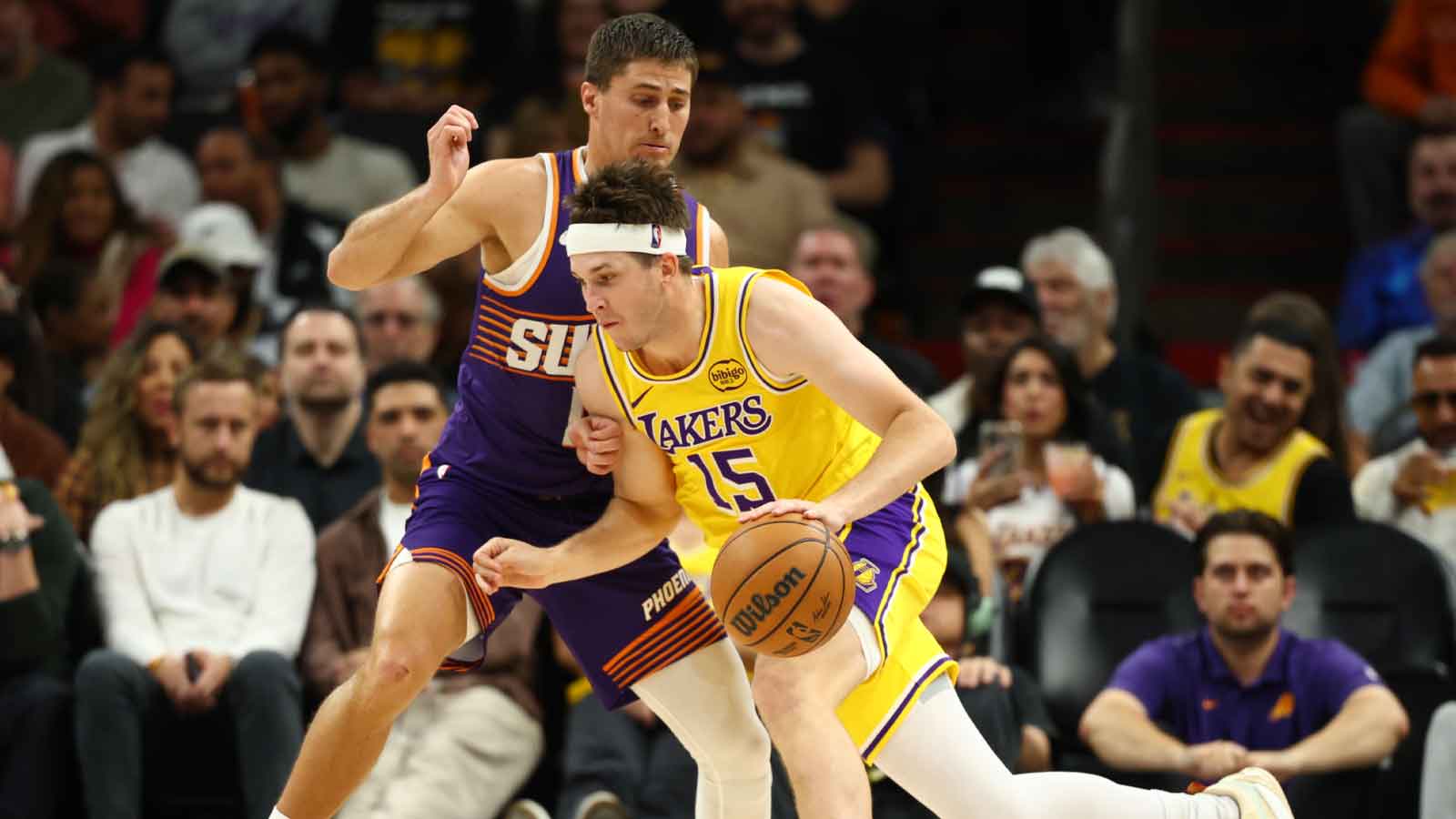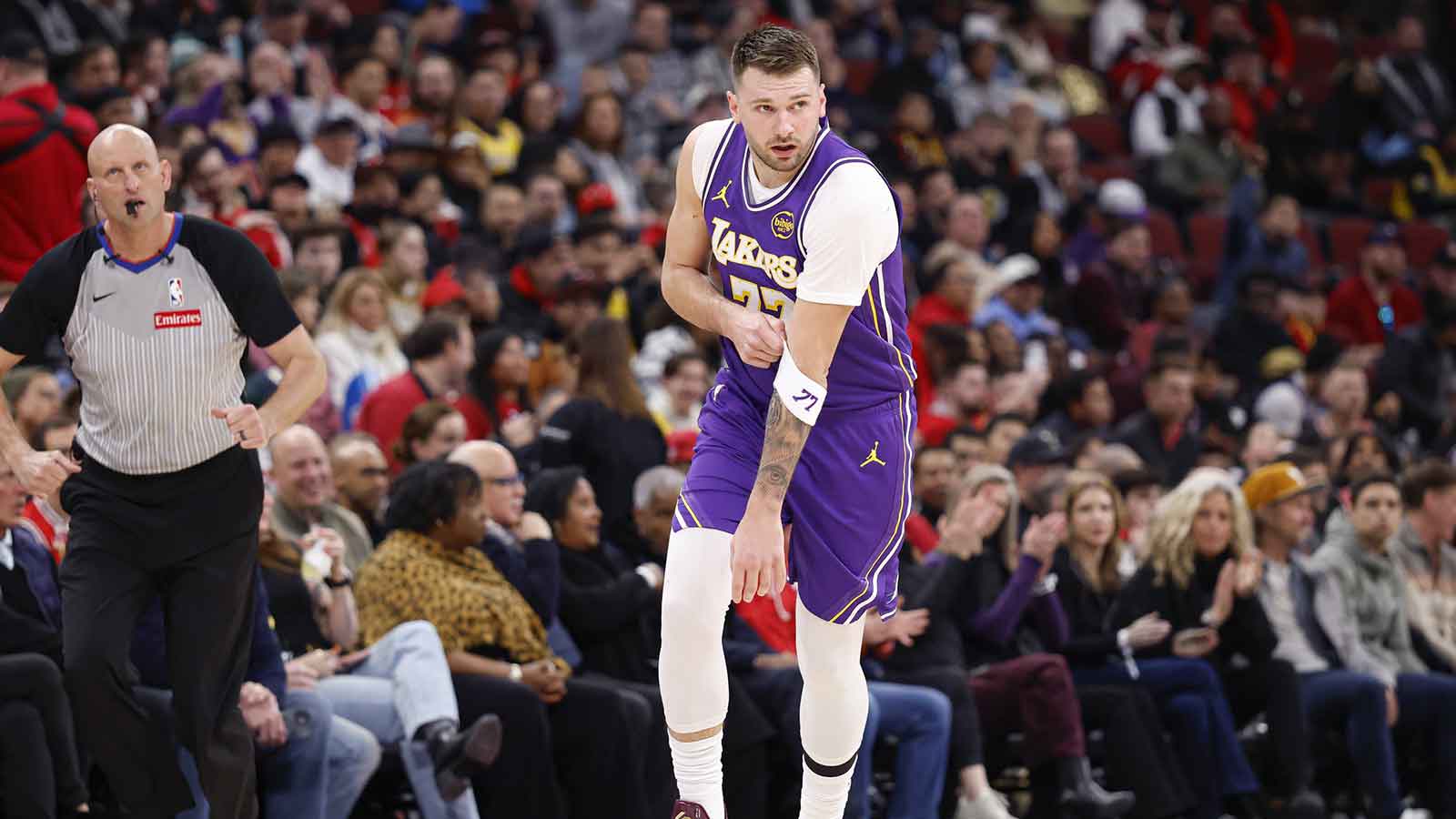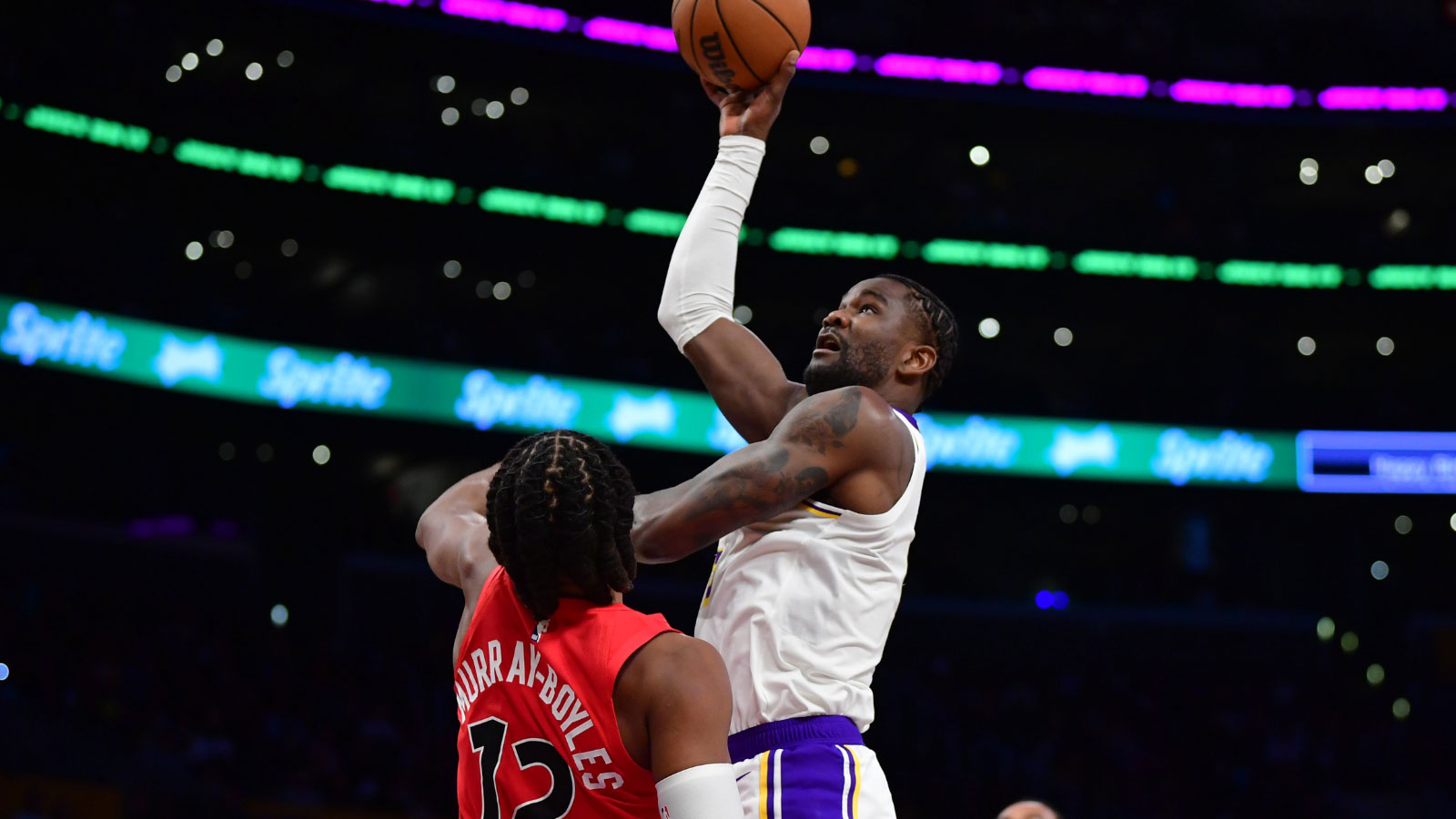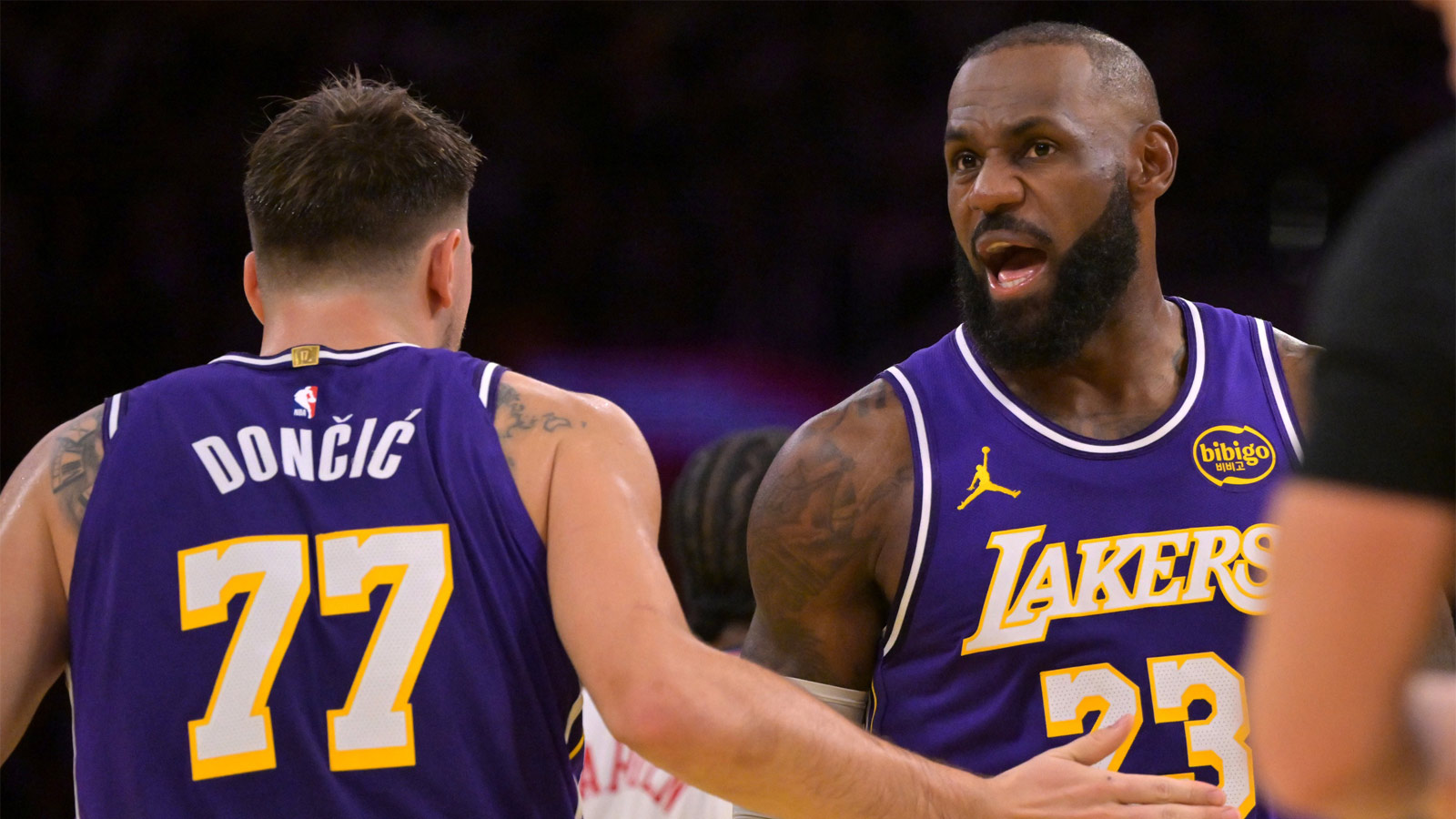Los Angeles Lakers part owner Jeanie Buss had made the huge decision to part ways with her brother, Jim Buss, who was the president of basketball operations, and general manager Mitch Kupchak.
There were many reasons leading to Buss cleaning house in the front office. One of which appears to be the signing of both Luol Deng and Timofey Mozgov on lucrative deals last summer, according to Bill Oram of the Orange County Register.
Within the walls of the Lakers headquarters, Jeanie’s grand corner office had begun to feel like a cell. She could not make sense of the strategy employed by her brother and Kupchak. They had cycled through four coaches in five seasons and under their watch the Lakers won a combined 63 games in three full seasons. Last summer, they spent $136 million of precious cap space on veterans Luol Deng and Timofey Mozgov, who made little sense for the direction of the team.
“I just didn’t understand what the thought process was,” she said, “whether our philosophies were so far apart that I couldn’t recognize what they were doing, or they couldn’t explain it well.”
The Lakers had agreed last summer to ink both Deng and Mozgov to huge contracts that had many confused about why the team had committed a large amount of money to sign both. It began with the agreement on a four-year, $64 million deal with Mozgov right at the start of free agency on July 1.
Meanwhile, Los Angeles signed Deng on a four-year, $72 million deal a few days later that locked much of their salary cap space for last summer. What made matters worse is that each of these did not perform up to the worth of their deal in their respective first years with the team. In fact, both were healthy shut downs late in the season.
That said, the Lakers new management in team president Magic Johnson and general manager Rob Pelinka have already found a way to unload Mozgov's contract as part of the trade that sent D'Angelo Russell to the Brooklyn Nets and acquired former All-Star center Brook Lopez.
This may not have been a backbreaking decision by the old regime, it was clearly a contributing factor to Buss' decision to move on.



